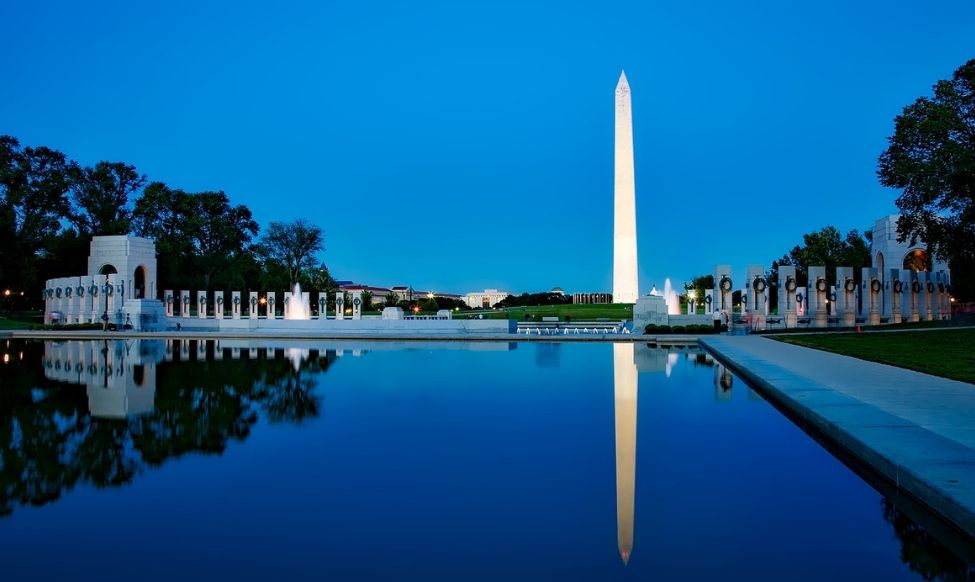On June 19, 2017, the U.S. Supreme Court struck down a 70-year-old provision under the Lanham Act that barred the federal registration of disparaging trademarks. In Matal v. Tam (15-1293), the Court held that that the disparagement clause was an unconstitutional restriction on speech and the U.S. government cannot refuse to register a trademark based on the offensiveness of the mark.
In Tam, the controversy arose from a rejected trademark application for THE SLANTS by an Asian-American dance rock band. The United States Patent & Trademark Office (USPTO) denied the application based on the federal provision barring the registration of disparaging trademarks because the mark may be disparaging to Asian-Americans. The Trademark Trial and Appeal Board affirmed the denial, but the U.S. Court of Appeals for the Federal Circuit held that that the disparagement clause was facially unconstitutional under the First Amendment. The Supreme Court unanimously affirmed the Federal Circuit’s judgment.
Writing for the Supreme Court, Justice Samuel Alito concluded that, despite the role of government in the registration process, trademarks constitute private rather than government speech. Specifically, the government merely registers the contents of others’ trademarks; it “does not dream up these marks,” “it does not edit marks submitted for registration,” and the USPTO has made clear in the past that registration does not constitute government approval of a particular mark.
This recent decision will likely have a direct impact on the Washington Redskins’ canceled registrations for REDSKINS, which the USPTO canceled on the basis that the name disparaged Native Americans. The Washington Redskins’ appeal, which is pending in the Fourth Circuit Court of Appeals, was stayed pending the outcome of the Tam case. Keep an eye on our blog for further updates.

